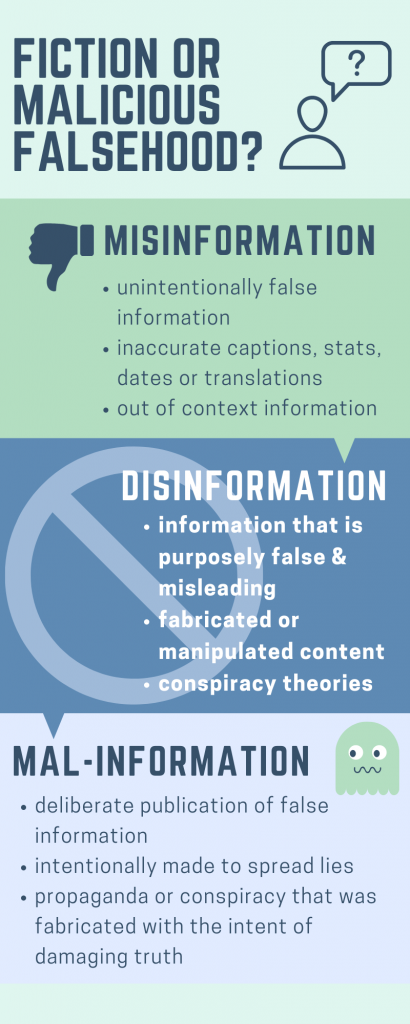Every day we are bombarded with information. Flooded from sources like social media, news outlets, friends, family members, and co-workers, we are all trying to find our way through the sea of data, infographics, and opinions. Little do we realize that the information coming our way is not random but is often curated, personalized, and biased based on real or imputed informational preferences. This highly sophisticated, AI (artificial intelligence) driven approach to source individual content can lead to antiquated thinking and misguided understanding of the world around us including politics and science. These self-reinforcing opinions lack diverse thoughts and opposing points of view, both of which are key to making informed decisions.
HERO members gathered for the 2021 Summer Think Tank virtually on Monday, June 7 to discuss the War On Truth, and the employer’s role in deciphering truth for employees. Speakers came together to present research and ideas on the current state of employers as many employees begin to re-enter office spaces, leaving the safety of home offices and Zoom meetings behind.
Seth Serxner, PhD, MPH, Chief Health Officer and Senior Vice President of Population Health at Optum, wrapped up the Think Tank by discussing the topics of mis-, dis-, and mal-information, as presented by Tami Simon, JD, Senior Vice President of Segal and Ryan Sledge, MBA, MPH and Vice President of Workforce Health and Safety at HCA Healthcare. Serxner described the current state of public health as an infodemic. Defined like an epidemiology term, Serxner believes an infodemic is the spread of information across people, places, and time, much like how a virus spreads. 
- Misinformation is information that is unintentionally false, made in error, or is a mistake, but spreads easily. This can be information that is simply out of context.
- Disinformation is intentionally false information that has been fabricated, such as a conspiracy theory or rumor.
- Mal-information is false information that is intended to cause harm or do damage to the truth. Purposeful lies or propaganda that are used to dissuade individuals from trusting experts would be a common example.
What is the employer’s role?
What is the role of an employer or organization in the fight against letting false information spread among its employees and communities? The answer is simple: provide basic guidelines for reviewing data and information. Employers are often trusted sources of information as they have a relationship with their employees and communities. These relationship bonds are vital in the fight against the spread of false information.
The Think Tank speakers and subsequent breakout discussions provided a rich, open-minded dialogue as to how our perspectives are shaped in this new information age where political and social agendas source the content of our news. Important themes were brought to light; the first was having an awareness of how different types of information can provide context in this chaotic, information-overloaded world. While the group agreed that truth matters, they also learned that truth can be fluid as the science evolves. In fact, the idea that ongoing research and new information can refine our understanding is the very basis of the scientific method. Therefore, communicating with authenticity, transparency and humility are the basis for being credible.
The Think Tank focused on strategy and tactics to address the infodemic, providing several practical recommendations:
- Listening is the foundation. Supporting diversity is more than understanding ethnic or cultural differences but is also about diversity of thought. Learn to appreciate and respect different points of view.
- Employers are a trusted source of credible health information. Generate awareness of the echo chamber. An echo chamber is defined by Oxford Languages (2021) as an environment in which a person encounters only beliefs or opinions that coincide with their own, so that their existing views are reinforced, and alternative ideas are not considered.
- Communicate with authenticity, transparency, and humility.
- Leverage relationships – leaders, peers, employee resource groups.
- Provide resources that address both health literacy and information literacy.
- Leverage programs of Equity, Diversity, and Inclusion in addressing information literacy.
- Promote a corporate culture of open dialogue and curiosity.
The diverse group of participants in attendance at this Think Tank agreed that information literacy should be a core dimension of health and well-being strategies for employers. HERO will continue to explore ways that employers can increase the spread of facts over falsehoods and allow a flow of information that supports diversity of thought while advancing science-based practice. Employees share the responsibility of information spread in this highly digital, biased, and AI driven world that we all live in today. Ensuring that information is easily understood, truths are recognizable and fact over fiction can be identified, is key to fighting the War On Truth.
Members can watch the Summer Think Tank on the YouTube recording. Fall Think Tank will take place on October 12th in Austin, Texas at the Renaissance Austin Hotel, for fully vaccinated attendees. Remote options are available. HERO hopes to see you there. For more information and registration, visit https://forum.hero-health.org.
Seth Serxner, Ph.D., MPH
Chief Health Officer and SVP Population Health
Optum
&
Crystle Helderman
Director of Communication
HERO
References:
- Oxford Languages (2021), Oxford Dictionary, Retrieved 06/21/2021 from https://www.google.com/search?q=echo+chamber+defined&rlz=1C5CHFA_enUS877__877&oq=echo+chamber&aqs=chrome.1.69i57j35i39j0i433i512j0i20i263i512j0i512j0i433i512j46i512j0i512l3.4981j0j7&sourceid=chrome&ie=UTF-8
- Serxner, Seth. Session Reflections, Summer Think Tank, June 7, 2021, virtual.
